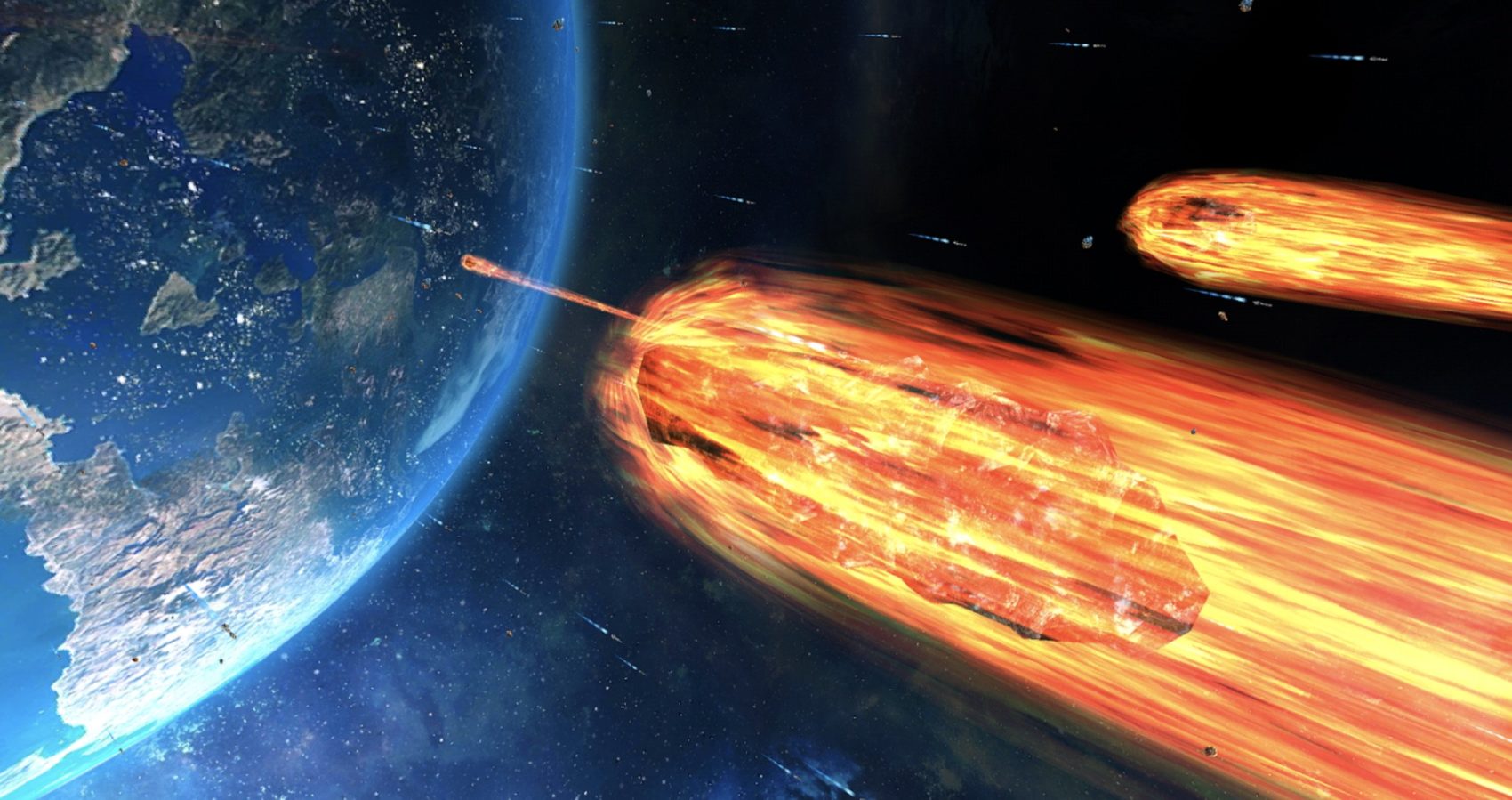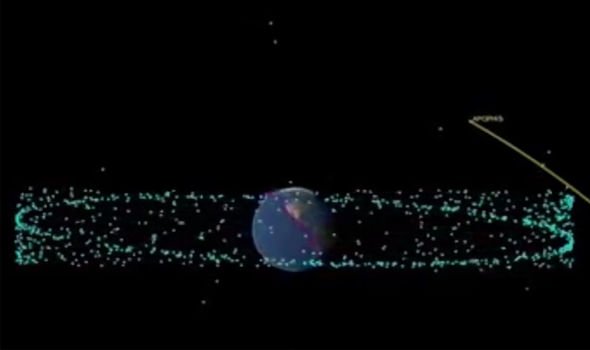
An enormous asteroid affectionately dubbed the ‘God of Chaos’ is set to fly so close to Earth that billions of people will be able to see it with the naked eye. The 1,100-foot wide monster has been named Apophis (the Egyptian God of Chaos) and will fly so close to earth that NASA once feared it was going to hit us, reports Metro. In a twist of irony, Apophis will fly past on Friday, April 13, 2029.
Thankfully, more recent calculations showed the object will miss us and pass within just 19,000 miles, nothing in terms of cosmic distances. If Apophis did hit a city like San Francisco, it would wipe out millions of people and create a crater roughly three miles wide. Humanity would survive though, it’s only when space rocks are half a mile wide or larger that they start to pose an existential threat to life on earth.
The asteroid was discussed at NASA’s annual Planetary Defence Conference this week, where scientists and disaster planners also simulated an asteroid apocalypse in order to practice their emergency response.
‘Apophis is a representative of about 2,000 currently known Potentially Hazardous Asteroids (PHAs),” said Paul Chodas, director of Nasa’s Centre for Near Earth Objects Studies (CNEOS). ‘By observing Apophis during its 2029 flyby, we will gain important scientific knowledge that could one day be used for planetary defence.’

According to Chodas, the impact odds, as they stand now, are less than one in a million, and the flyby of Apophis will be one for the record books’ because of how close the object will come to our planet.
‘The Apophis close approach in 2029 will be an incredible opportunity for science,’ said Marina Brozović, a radar scientist at Nasa’s Jet Propulsion Laboratory in Pasadena, California. ’We’ll observe the asteroid with both optical and radar telescopes. With radar observations, we might be able to see surface details that are only a few meters in size.’